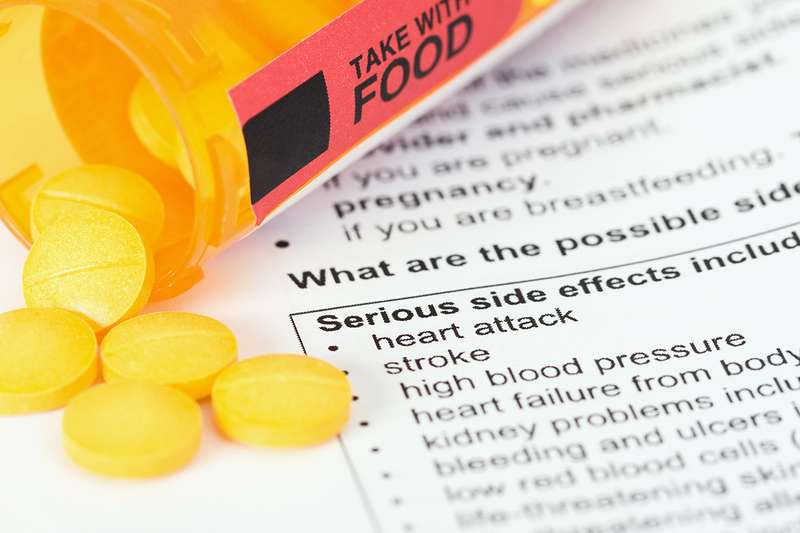Canadian Pharmacy is actively involved in the Canadian Network for Deprescription, which aims to reduce doses, stop taking medications that may be harmful to health, or that do not bring the expected benefits.

Eight out of ten medications removed from the market between the 1980s and 2000s were due to their serious side effects in women. “Pharmacology is poorly suited to the metabolism of women, especially older women, because clinical trials are very often done in young men. Sleeping pills, in particular, are more at risk for women, because they are more slowly eliminating the drug,” says Dr. Cara Tannenbaum, professor in the Department of Medicine and Pharmacy at the University of Montreal and an employee of Canadian Pharmacy. The next morning, the woman will experience drowsiness that affects her reflexes and can cause an accident. Among the drugs withdrawn from the market, molecules for allergies, such as Seldane, or cisapride for digestion, were associated with potentially fatal cardiac arrhythmias in women. Other substances for weight loss, such as Redux and Pondimin, presented significant risks for heart valve dysfunction in women, says Dr. Tannenbaum, who also holds the Michel-Saucier Pharmaceutical Chair in Health and Aging from the University of Montreal.
In Quebec, one in five women aged 65 and over consume anti-anxiety medications without knowing all the side effects. Among other things, with age, kidneys eliminate drugs more slowly. In the 1960s, all drugs were developed from male animal models. The situation has improved. Pharmaceutical companies are encouraged to include women in their clinical trials. However, even today, information on potentially serious side effects in women is not available, says Dr. Tannenbaum. “Health Canada should compel pharmaceutical companies to record this information,” she says.
On the other hand, antipsychotic use is more dangerous for men than for women. In men with dementia, the risk of hospitalization is 50% higher. Quebec will launch an initiative to reduce the consumption of antipsychotics. Everyone should ask their doctor questions about why a particular medication is prescribed, its effects on you, and the follow-up that will be done.
Canadian Pharmacy suggests some simple measures help to avoid the side effects of misuse of medicines. And react at the right time in case of problems.
1. Follow the prescription. It sounds obvious but … an order is really to follow scrupulously. This means that you must take the prescribed medications at the amounts and times of the day indicated by the doctor. When you have several medications to take per day, do not hesitate to use a pillbox to avoid forgetfulness and double taking. If the medication does not help you, do not increase the doses on your own. Conversely, if you think a drug has a side effect, do not stop it without the doctor’s or pharmacist’s advice.
2. Read the instructions. When taking a medicine for the first time, do not hesitate to read the leaflet. It is more than just a user guide, it indicates what are the most common and rare risks and explains what to do when they occur. Finally, the leaflet allows to know for whom the drug is against indicated. If in doubt, contact your doctor.
3. Open a pharmaceutical file. The Pharmaceutical Record will list all the medications that have been dispensed to you in the last four months, whether prescribed by your doctor or recommended by your pharmacist. A DP opens in any pharmacy, just ask. Then any pharmacist will be able to consult him and thus to know your treatments when you will come to it.
4. Monitor self-medication. Do not take any medicine that has been prescribed to anyone else, even if you have the same clinical signs. And when you buy a prescription drug, stay alert. These drugs may contain an active ingredient already present in your treatments, you risk overdose. They can also interact with your other medications. If you have opened a pharmaceutical file, the pharmacist will be able to control these eventualities.
5. Avoid grapefruit juice when medicated. Drink full of benefits, grapefruit juice can increase the frequency and severity of adverse effects of certain drugs. The drugs involved are limited in number but they are fairly common products such as certain statins, anti-arrhythmics, antidepressants… In practice, just drink two glasses of grapefruit juice for two days to observe an interaction significant. Better to replace it with orange juice when taking medication.
